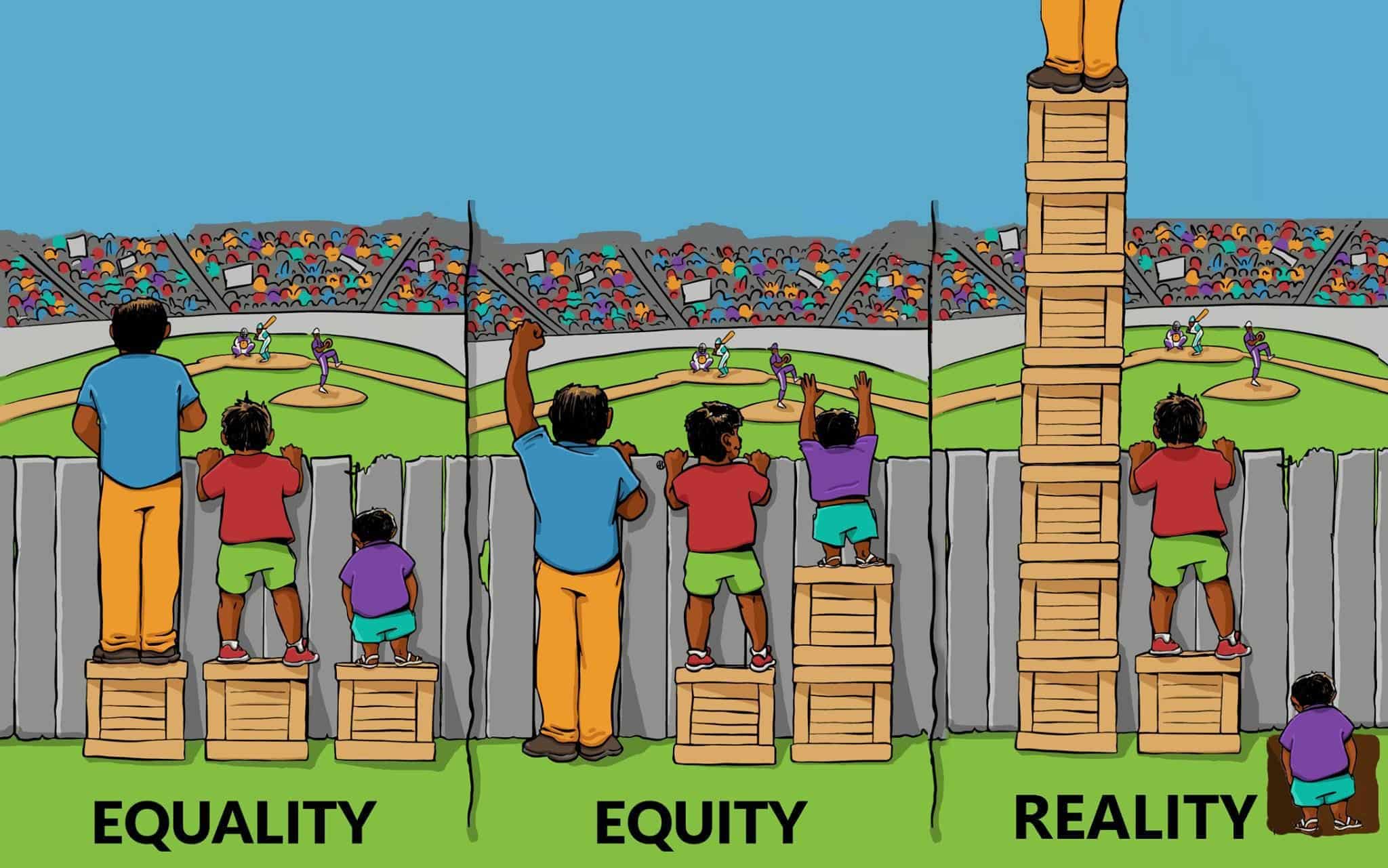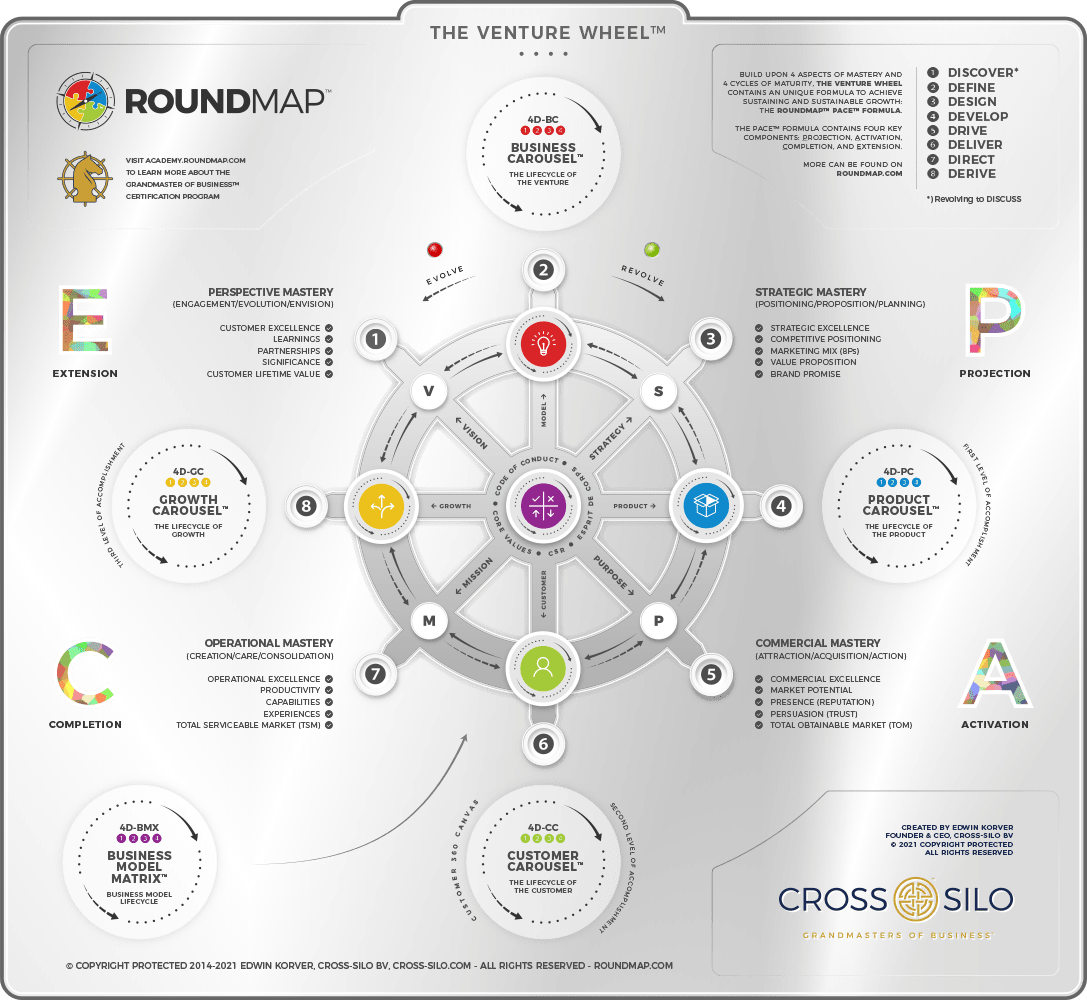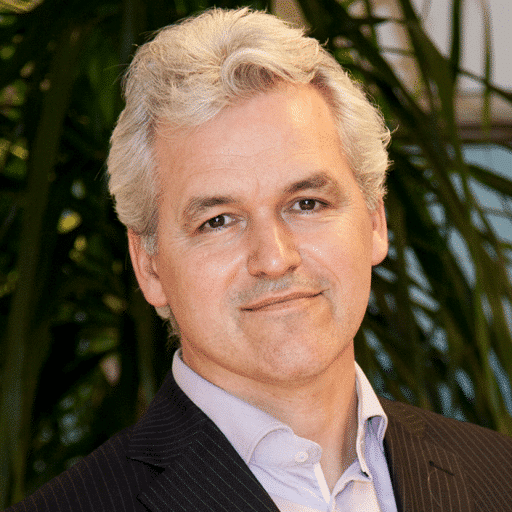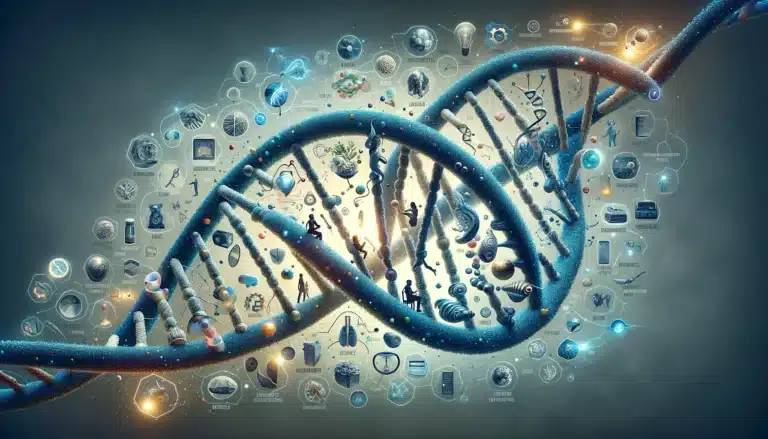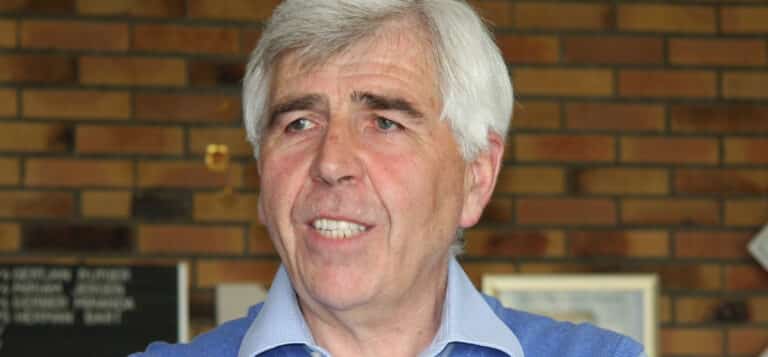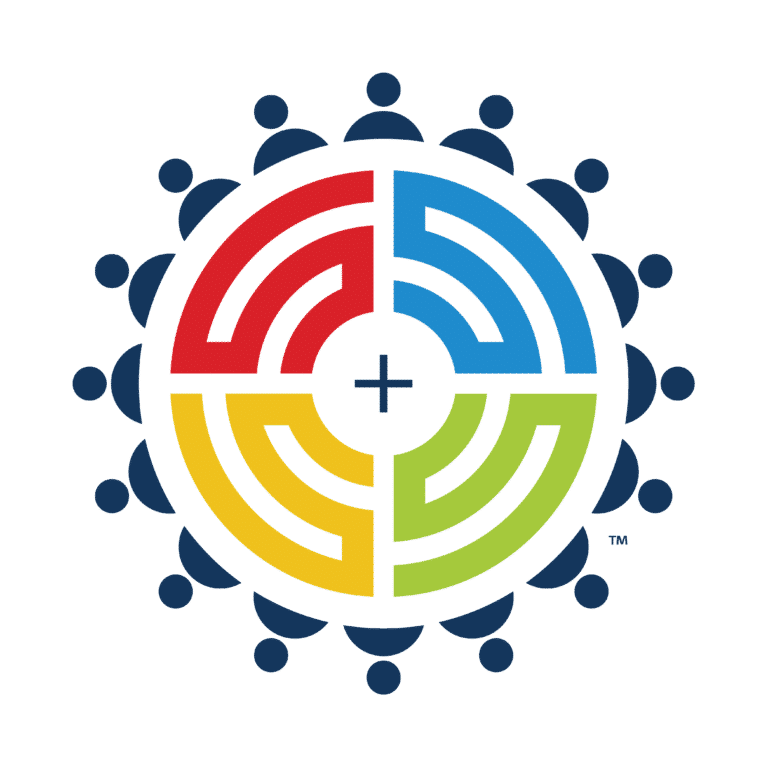There is a lot that can be said to what motivated me to create the ROUNDMAP™. I will share some personal details in my upcoming book. In part, my inspiration came from a brief encounter with a dying man in 2012, named Bart, his heartfelt compassion, and what he wished for me to do. It made me reconsider my beliefs.
Scruples
Prior to being a longtime entrepreneur, I was in sales for 10 years and often struggled to sell my products to customers. I knew the products I sold weren’t particularly flawless, service wasn’t great, and value for money was often far-fetched. However, there was little I could do about it: the silos worked against me.
In 2010, Deloitte’s Shift Index survey amongst Fortune 500 companies found that a staggering 80% of employees hate their jobs and would leave, given the chance.
However, when I was running my own business, I was completely in control of the entire operation. And this made me feel so much more comfortable selling our services. I still cherish each and every expression of gratitude we have received from customers over the years.
Care and Respect
This made me question myself: Can I only perform well as long as I am in full control? Of course not. But I need to be able to rely on my colleagues, on management, and on leadership to keep the customer at heart. But what if they don’t care? What if they believe customers are a nuisance? What if maximizing profit prevails?
Should I leave? Indeed, that’s what I have done on several occasions. Nonetheless, following the encounter in 2012, hope was slowly taking over. I began to realize that it wasn’t so much the people that failed the customer, it was the system – the procedures, processes, KPIs, company structure, values, stockholders, banks, and yes, social behavior.
EQuitable
I believe that what we offer has to be EQuitable; it has to be fair and just to our customers. I’m writing the phrase with two capitals because being equitable requires emotional intelligence (EQ).
Then I asked myself the question: Is EQuitability something we can expect from corporations?
Corporations, as stated in the documentary The Corporations, show the traits of a psychopath: [1] Callous unconcern for the feelings of others, [2] Incapacity to maintain enduring relationships, [3] Reckless disregard for the safety of others, [4] Deceitfulness: repeated lying and conning others for profit, and [5] Incapacity to experience guilt.
So, if corporations act as mentally disturbed entities, is there any room for hope?
I think there is. I believe leaders are the key to change. If they change their behavior, the others will follow. And this will then allow everyone to look each other in the eye, and question the system: Are we doing the right thing, and are these systems helping us? If not, what can we do about it?
Sustainability
There was a second issue that had started to bother me, which has to do with how we treat nature. Could I come up with an idea that would make products more sustainable? Well, I have. But I also have to acknowledge that every business model, even those that are circular by nature, can and will be exploited. Regardless, the solutions that I offer are very promising. I’m hoping common sense and compassion will ultimately prevail over making profit.
Integrated Business Framework
So, I started to describe the system. I read as much as I could about leadership, culture, management theories, marketing, sales, customer service, and the like. At first, I focused on all customer-facing processes, i.e., the Customer Dynamics™. In 3 years, I created, what is now called the Customer Roundtable Blueprint™, and its descendant, the Business Model Matrix™.
An early version of the Blueprint was picked up by the largest social media blog, Social Media Examiner, and it had spread like wildfire.
After having created the Customer Roundtable Blueprint™, I realized that I had to describe its counterpart, the Business Dynamics, as well. Two years later, the Integrated Business Framework, ROUNDMAP™, was born. While the Blueprint focuses on the customer lifecycle, the Business Roadmap™ describes the orchestration of the entire business venture.
The Venture Wheel
Additionally, I’ve described four maturity models or Carousels: Business, Product, Customer, and Growth. Combined with four aspects of mastery ─ vision, strategy, purpose, and mission ─ they form The Venture Wheel™.
And then I noticed that I had actually found a single formula to design, develop, and direct a business. This is now known as the PACE2 formula (Positioning/Projection, Acquistion/Activation, Completion/Consolidation, and Evolution/Extension). Obviously, PACE2 refers to the rate of progress as it depends heavily on the rate of technological disruption.
Accountability
I also began to see that the pathway to EQuitable commerce and a healthy planet starts by acknowledging that we are all accountable for each purchase we make. If we choose to buy products that are produced by companies that are preying on the weaknesses of others or are destroying our planet, then we are not just contributing to that practice but help to sustain it.
If we want a better world, we can only achieve it by choosing trustworthy suppliers that sell sustainable products, over those that couldn’t care less about our welfare, our nature, or the air we breathe.
Sparkles
It has taken nine years to make good on a dying man’s wish. It hasn’t been the easiest of paths ─ not by a long shot. But I think it was worth every minute, every drop of sweat, every headache, every tear, and every moment of doubt because people need a map to help guide them to do each other and our planet right. We all deserve a better place.
